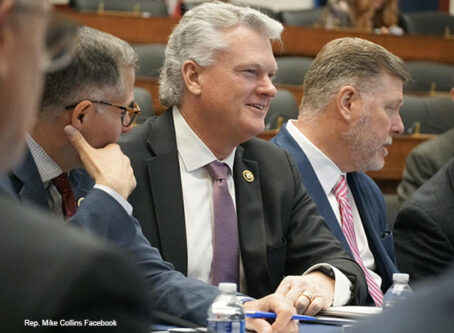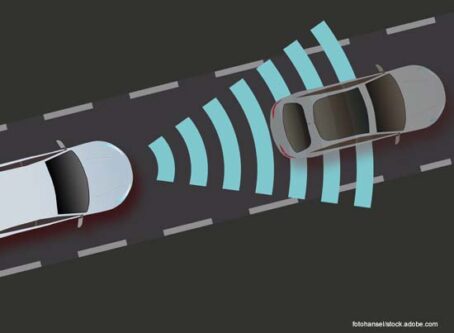Buttigieg says U.S. DOT is focused on ending predatory practices in trucking
Predatory lease-purchase agreements that often leave truck drivers in a worse position than where they started have persisted in the industry for decades.
Such agreements involve programs where a carrier leases a truck to a driver for a certain amount of money and takes a percentage for the load. In some instances, drivers have claimed that they owed the carrier money at the end of the pay period. Commonly, the driver never ends up owning the truck despite making numerous payments to the carrier.
These predatory practices led to a provision in the 2021 infrastructure law that ordered the Federal Motor Carrier Safety Administration to create a Truck Leasing Task Force.
The task force, which held its first meeting on Tuesday, July 11, will evaluate the effects of commercial motor vehicle lease agreements and determine best practices for future agreements.
Transportation Secretary Pete Buttigieg provided opening remarks at the inaugural meeting.
To further express that the U.S. Department of Transportation is making the issue a priority, Buttigieg joined Land Line to discuss trucking’s problem with predatory lease-purchase agreements.
“We know that there have to be ways to make lease agreements more transparent so that you understand what you’re dealing with before you sign on the dotted line,” Buttigieg told Land Line Now. “We have to make sure that there are the right kinds of rules and parameters and guardrails around what those leasing agreements can contain. When you see some of these practices, you see people getting presented with higher mileage trucks than they might have expected. They’re not getting a chance to test drive, or they’re getting service contracts that have a lot of fine print that wind up really creating a gap between a driver thinks they are going to make and what they’re actually going to make when you take into account the costs, repair bills, insurance, and anything else that falls on the driver.”
Buttigieg said that those are some of the areas the U.S. DOT can focus on but that it will rely on the task force’s expertise before making any policy decisions.
FMCSA’s Truck Leasing Task Force consists of nine members:
- Tamara Brock, Brock Logistics LLC and Lewis & Lewis Logistics LLC (independent owner-operator)
- Paul Cullen Jr., The Cullen Law Firm PLLC (attorney)
- Troy Hawkins, TTOH Consulting & Logistics LLC (independent owner-operator)
- Jim Jefferson, Owner-Operator Independent Drivers Association (consumer protection)
- Joshua Krause, OTR Leasing LLC (business)
- Kaitlyn Long, International Brotherhood of Teamsters (labor organization)
- Steve Rush, Carbon Express Inc. (carrier)
- Lesley Tse, attorney with history in advocating for worker rights (attorney)
- Steve Viscelli, University of Pennsylvania (economic sociologist).
Essential workers
“We’re working to make sure truck leasing agreements are not trapping drivers into predatory situations, and that is going to be the focus of this board’s work,” Buttigieg said during his opening remarks. “We’ve seen a lot of ways that lopsided leases are preventing drivers from ever getting ahead and even leave them in a worse place than where they started through no fault of their own.
“These conditions are unacceptable for any worker in America and certainly for essential workers like those who get our goods to where they need to be through trucking.”
FMCSA Administrator Robin Hutcheson also indicated that these predatory practices are a safety issue.
“Our goal is to improve the overall quality of life for drivers so that they stay in the industry,” Hutcheson said. “Experienced drivers are our safest drivers, and we want to eliminate any trigger that may push them out of the industry.”
Driver retention
This connection to safety is what’s leading the Department of Transportation to make driver retention a priority. According to FMCSA, turnover rates for large long-haul carriers are more than 90%.
“Retention tells you what the people who are living the reality of being a truck driver in America today actually think about the sustainability, the viability and overall quality of their job,” Buttigieg said on Land Line Now. “If they’re being compensated well, have a good quality of life and feel safe then you’re going to see those retention numbers improve. There are a lot of ingredients that go into that, but if we see the needle move on that then we know we’re doing the right thing. If we don’t, then we know we have more work cut out for us.”
LL









